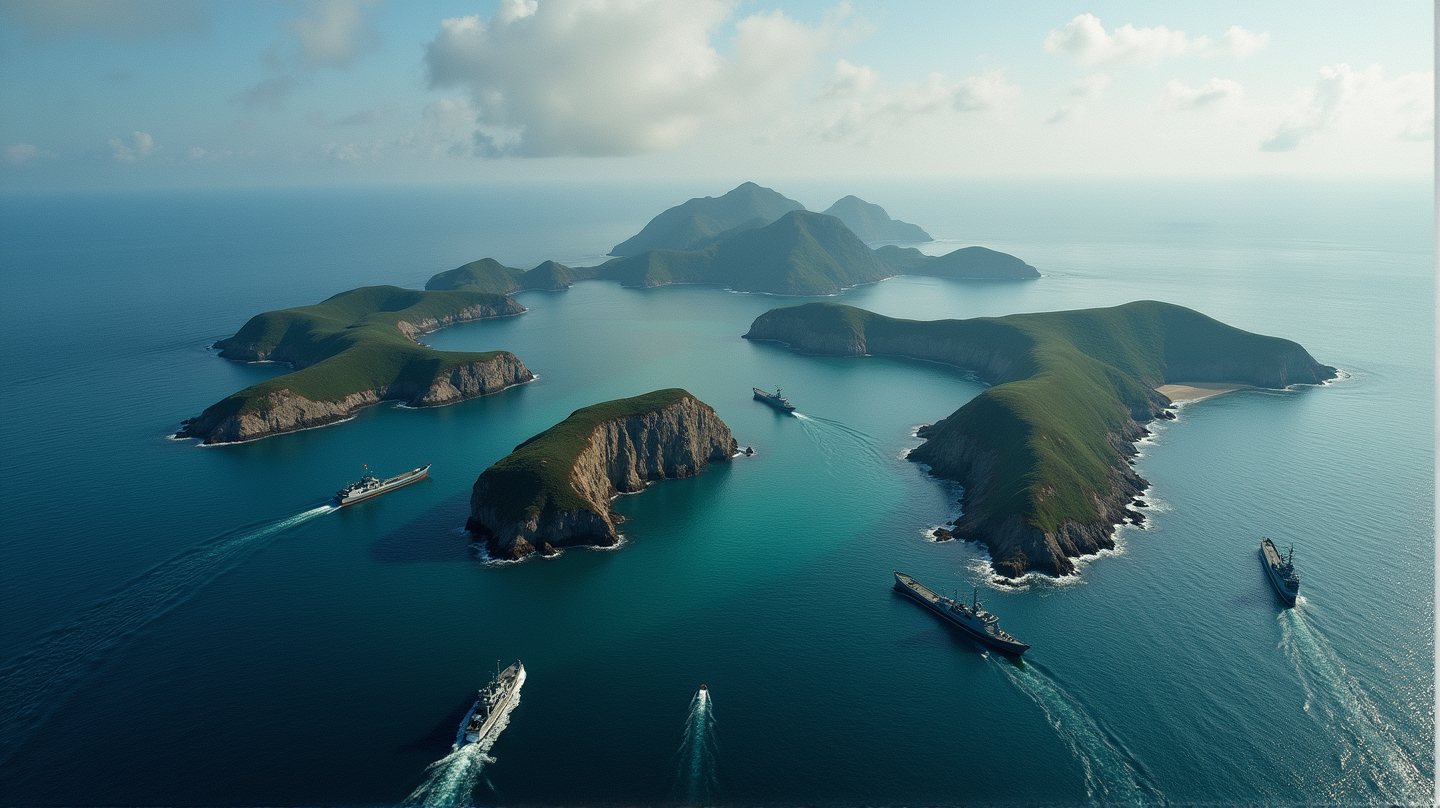Amidst diplomatic overtures and sensitive regional dynamics, Japan finds itself entangled in a maritime standoff that underscores the precarious equilibrium in the East China Sea. Recently, the longest ever incursion by Chinese Coast Guard ships marked a notable escalation in the contentious waters near the disputed Senkaku Islands. These strategic landforms—referred to as Diaoyu in China—are at the heart of a historical dispute that is deeply entrenched in national sovereignty and regional influence.
Diplomatic Shadows: A Hollow Exchange?
As stated in DD News, the timing of this maritime maneuver was particularly controversial, taking place concurrently with talks between Japanese Foreign Minister Takeshi Iwaya and his Chinese counterpart Wang Yi. Iwaya’s reflections on the discussions—as “conciliatory and friendly”—contrast with his description of the incursion as “truly regrettable.” The 92-hour presence of Chinese vessels isn’t just a display of power but an implicit assertion of claims that China continues to stand by, despite diplomatic engagements.
National Opposition and Strategic Stances
This maritime drama hasn’t gone unnoticed in political circles within Japan. Opposition lawmakers have voiced dissent over what they consider an “extremely inappropriate” maneuver, especially given its overlap with high-level diplomatic exchanges. Yet, Japan’s stance remains firm, with Iwaya reiterating Japan’s commitment to addressing the situation with measured resolve.
Sailing Into a Broader Conflict?
The strategic importance of the Senkaku Islands goes beyond their barren landscapes. Control over these islets means sway over rich fishing grounds and potential energy resources. Furthermore, the islands’ location along vital shipping lanes only amplifies their significance in the broader geopolitics of the region. This contest between China and Japan is not just about land but influence, carrying resonances of broader global alignments, notably with the presence of US interests in the background.
Historical Threads and Modern Dilemmas
Japan maintains no tacit or formal understanding with China to “shelve” the dispute, a stance reiterated consistently since the latter began maritime assertions in 2008. Despite this, the historical and political complexity of the Senkaku Islands disputes remains a sensitive subject, deeply woven into the national fabric and regional diplomacy.
As the geopolitical tides ebb and flow, the East China Sea remains a delicate theater of power plays, cultural memory, and diplomatic discourse, waiting for a new chapter to unfold amidst the global stage.
